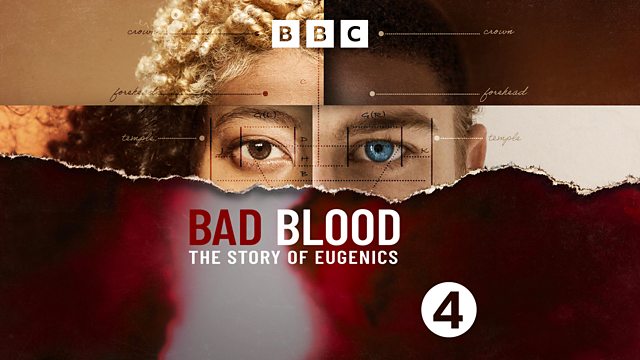Newgenics
Are we entering a ‘newgenic’ age - where cutting-edge technologies and the power of personal choice could achieve the genetic perfection that 20th century eugenicists were after?
Are we entering a ‘newgenic’ age - where cutting-edge technologies and the power of personal choice could achieve the kind of genetic perfection that 20th century eugenicists were after?
In 2018, a Chinese scientist illegally attempted to precision edit the genome of two embryos. It didn’t work as intended. Twin sisters - Lulu and Nana - were later born, but their identity, and the status of their health, is shrouded in secrecy. They were the first designer babies.
Other technological developments are also coming together in ways that could change reproduction: IVF can produce multiple viable embryos, and polygenic screening could be used to select between them.
Increased understanding and control of our genetics is seen as a threat by some - an inevitable force for division. But instead of allowing genetics to separate and rank people, perhaps there’s a way it can be used - actively - to promote equality. Professor Paige Harden shares her suggestion of an anti-eugenic politics which makes use of genetic information
Contributors: Dr Helen O'Neill, lecturer in Reproductive and Molecular Genetics at University College London, Dr Jamie Metzl, author of Hacking Darwin, Professor Kathryn Paige Harden from the University of Texas and author of The Genetic Lottery: Why DNA Matters for Social Equality.
Music and Sound design: Jon Nicholls
Presenter: Adam Rutherford
Producer: Ilan Goodman
Clips: 28th Nov 2018 - ���˿��� Newsday report, ���˿��� Breakfast News / ���˿��� Breakfast news report Chinese letter of condemnation / ���˿��� Newsnight from 1988 on 10th anniversary of Louise Brown’s birth
Last on
Broadcasts
- Tue 27 Dec 2022 16:00���˿��� Radio 4
- Tue 4 Jul 2023 15:30���˿��� Radio 4
- Wed 5 Jul 2023 21:00���˿��� Radio 4

